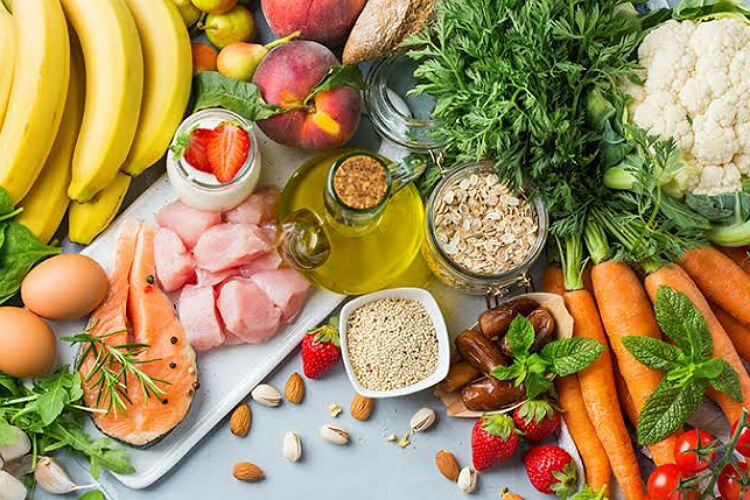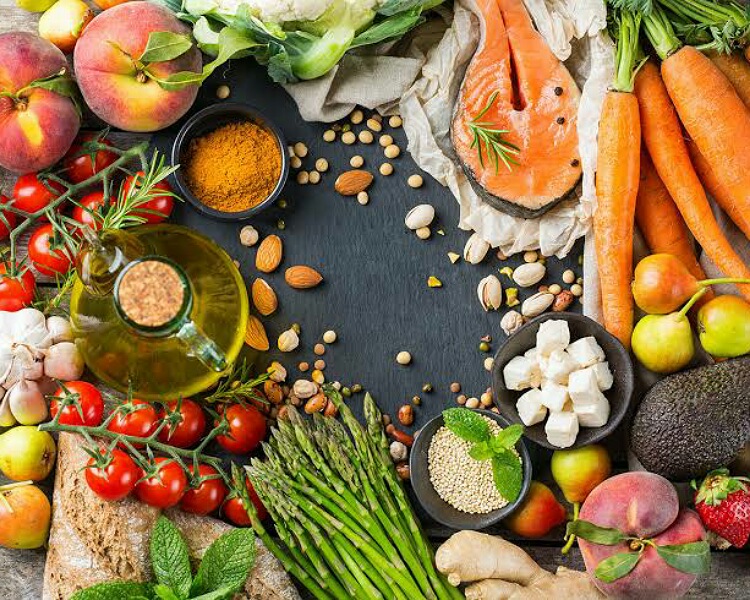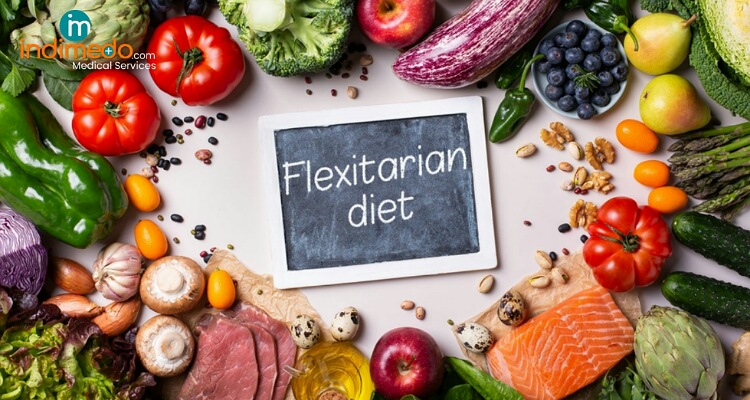Flexitarian or reducetarian diet is gaining traction. But many people are still unaware about flexitarian diet. They do not know what it means. Also there are a number of ill-founded myths associated with it. Read on to know about them and how they are wrong.
Flexitarian diet
Many people are confused with the term flexitarian diet. In a Danone North America consumer survey, out of 1014 US adults, 54% did not know about it. Actually, this diet entails eating more of plant foods while cutting back on meat and fish. It is a state of being a flexible vegetarian or semi-vegetarian. This diet has benefits for the gut bones, and muscles. Additionally, it helps in decreasing the carbon footprint of foods. This helps in saving the environment from greenhouse gases. Climate change and global warming comes down and natural disasters are lessened.

Myth 1: It is not as good as vegan or vegetarian diet
This is a myth and is wrong. This diet provides benefits similar to a vegan diet. Because you are not totally eliminating animal products. In fact, at times in a vegan diet a person overeats foods that might be unhealthy such as fried chips. These are detrimental for the body. A flexitarian diet is also better for the gut microbiome and immune system.
Myth 2: It is not a plant based diet
This is again untrue. 91% of Americans in the above survey considered this diet as not been a plant based diet. The truth is that it is predominantly a plant based food while allowing animal foods in moderation. One can call it plant rich or plant forward diet. And plant-based term is also not the same as plant only diet. Plant only means only plant foods but in this diet animal meat and fish are allowed though in limited amounts.

Myth 3: There is dairy restriction in it
88% of Americans believe that in this diet, milk and milk products are out. This is false. Because in this diet, dairy products are given importance since we are cutting down on animal meat. Milk, yoghurt and cheese are protein rich and can help when we are reducing meat intake. Also, dairy products have lesser footprints compared to meat foods such as beef.
Myth 4: It is unsuitable for children
This is a false thinking. Children can consume this diet similar to adults. EAT-Lancet Commission On Food, Planet and Health did a study that showed that children above 2 years can safely and effectively take this diet. They get a balanced food intake and adequate protein to meet their growing requirements.

Myth 5: It is lacking in proteins
Also, read: Japchae: the nutritious Korean food with health benefits!
66% of adults in the survey above felt that dairy foods cannot provide them with adequate protein. This is untrue. Dairy products can give adequate and good quality protein and in this diet. Besides, animal meat in this diet is not totally eliminated. One is consuming it still but in moderation. And soy and soy products in plants foods category are rich in protein. Soy milk is also healthy. They are good meat free substitutes and tasty too.